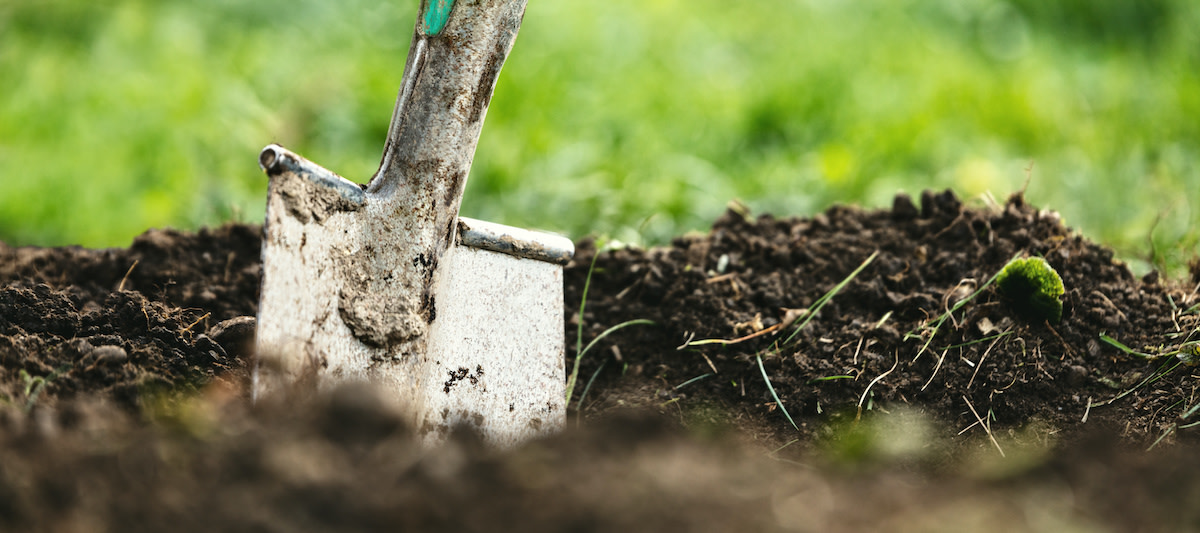How to Use Humus to Improve Your Garden’s Soil Health
Written by MasterClass
Last updated: Jun 7, 2021 • 3 min read
If there’s a Holy Grail of the soil world, humus is it. The addition of humus into your garden soil can help aeration, improve your overall soil health, and discourages pests. (If you’ve come in search of hummus, apologies.)
Learn From the Best
What Is Humus?
Humus is the potent, nutrient-dense byproduct of the natural decomposition of organic materials into a non-living organic matter. It is dark brown, almost black, and has a dense, jelly-like texture.
How Does Humus Form?
Typically found in the moist, fertile topsoil of wooded areas, humus is the result of complete and natural decomposition of dead plant material and animal matter. Humus forms in two major stages:
- Mineralization: When organic waste and plant matter decomposes, it releases inorganic compounds like minerals and nutrients to be absorbed by the nearby roots of plants. In soil science, this initial stage is called “mineralization.”
- Humification: Any organic substances that remain will then go through a process called "humification," in which fungi, bacteria, microorganisms, earthworms, and arthropods break the decaying matter down even further, resulting in polymers that exist as stable, permanent enhancers of the soil, or humic substances.
What Is the Difference Between Humus and Compost?
Think of compost and humus as two spots on the same spectrum. Once compost reaches maturity, it forms humus.
- Compost generates from recycled waste. The term compost refers to the organic material which forms from the recycling of human food waste with plant materials like yard waste. When mixed into a planting site, compost also helps sandy soil hold water and nutrients and improves the drainage of clay soils (making it easier to work with). Most importantly, it accelerates the rebuilding of topsoil, which erodes at an astonishing rate. Composting is simply accelerating the natural process of decomposition. However, the soil you pull out of your compost tumbler is still technically unfinished—it’s still teeming with microorganisms working their way through the organic materials.
- Humus is the final form of compost. Humus formation takes place over a much longer period than standard compost. In a controlled environment like a compost tumbler, it’s possible to develop humus soil after a year, but in nature, humus takes its time. When compost reaches full decomposition, it enters its final form: Humus. Once it reaches its final form, humus is incredibly stable and will last indefinitely, continuing to build upon itself over millennia.
Why Is Humus Important in Gardening?
Humus is a major gardening asset for four main reasons:
- 1. Water retention. While bits of organic matter are still visible in compost, humus has a uniform, spongy texture like peat: Like a sponge, this helps soil with water retention, which is particularly useful in periods of drought.
- 2. Aeration. Thanks to that spongy texture, humus alters the soil structure and results in better drainage. Organisms like earthworms are the primary movers of humus in soil, creating pathways for oxygen to flow and water to travel.
- 3. Insulation. Like mulch, a top layer of humus protects the soil over winter and helps to warm it for planting by trapping heat from the sun in early spring.
- 4. Soil tilth. Humus greatly increases soil fertility and overall health, and thus plant growth, thanks to the presence of beneficial nutrients like nitrogen and carbon. (Humus has a carbon to nitrogen ratio of 10:1.)
How to Use Humus in Your Gardening
Mineral and nutrient imbalances can—and sometimes should—be corrected with the help of fertilizers. However, incorporating compost and humus naturally improves soil conditions because they directly impact the soil’s structure.
Healthy, rich composted soil already has a natural humus layer embedded within it—visible as chunks of broken-down wood, for example—even if all the organic materials within it haven’t decayed completely. The development of humus is an ongoing process. Spreading finished compost over garden beds or working it into new soil will allow that process to continue by giving microorganisms a place to thrive.
Learn More
Grow your own food with Ron Finley, the self-described "Gangster Gardener." Get the MasterClass Annual Membership and learn how to cultivate fresh herbs and vegetables, keep your house plants alive, and use compost to make your community - and the world - a better place.
